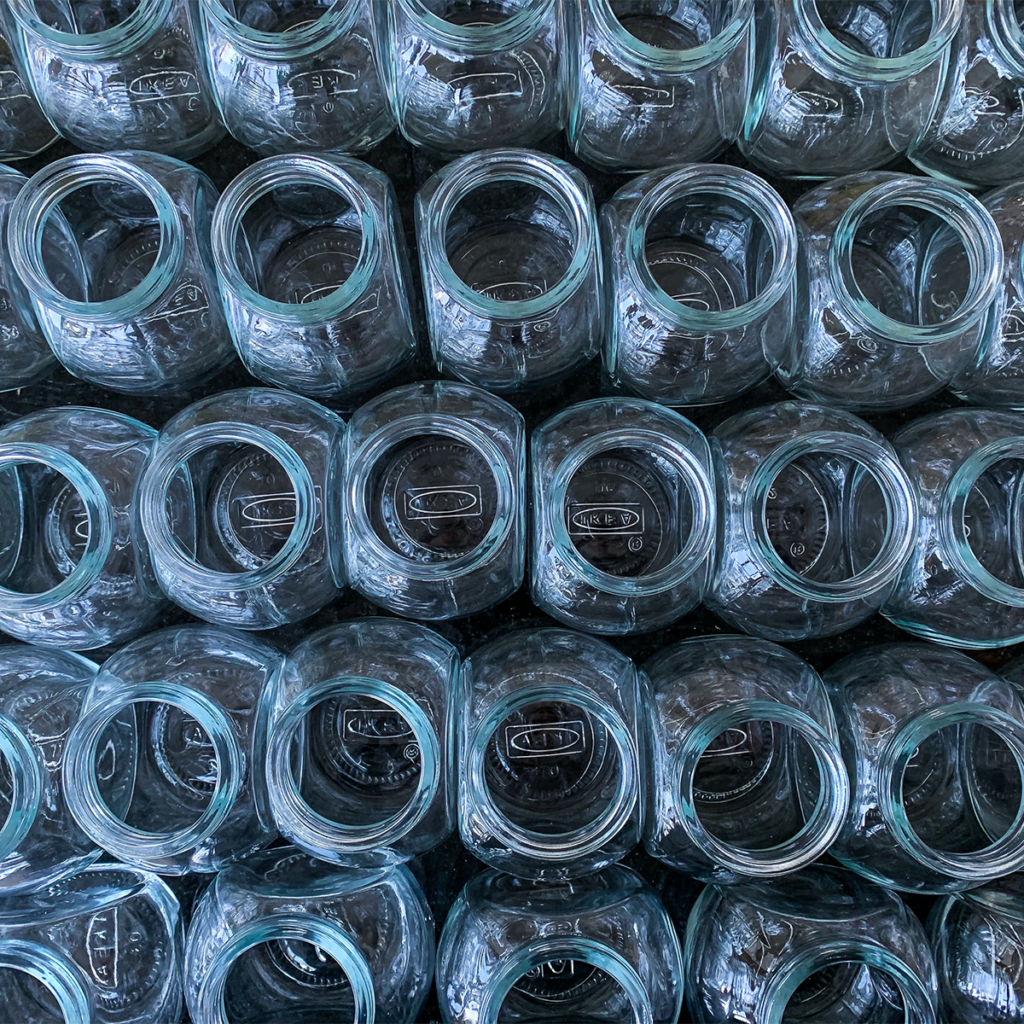What training do you need to work in a cannery?

What are the training courses and opportunities to become a food canner?
Since the pandemic, a lot of people are looking to consume with more authenticity and quality. This is especially true when it comes to buying food. To benefit of artisanal products, close to home, is now part of their choice criteria.
Are you interested in artisanal production? What training should you do to work in a cannery? Any future entrepreneur who wishes to open an artisanal cannery business can take a business creation course. But are there other specific or mandatory training courses? We take a look at the situation in this article.
The content of a training course in canning
Due to the growth of the canning business, a multitude of training courses are being developed in catalogues. Setting up your own artisanal cannery is synonymous with starting a business. However, the training associated with this part of the business, namely the management of a company, will not be discussed here.
A good technical training, like the one offered by the CTCPA (Technical Center for the Conservation of Agricultural Products), does not require any prerequisites. Here is an overview of what it contains.
Lessons learned about the canning activity
The section dedicated to the canning activity covers the following topics.
- The definition of what cans are and the associated canning process.
- The regulations associated with the processing of fruits and vegetables into canned food. As such, cannery regulations are strict and must be followed.
- The role of the health authorities and the laboratory.
Hygiene rules of the canning production area
Within a cannery, it is necessary that at least one person is trained on the hygiene rules applicable to the manufacture of food products.
In this context, an essential tool is presented to the trainee, the sanitary control plan. This plan aims at carrying out the right and appropriate actions to reach the requirements of the European regulation in terms of sanitary safety. To do this, during the training are presented:
- Quality, hygiene and health safety procedures;
- HACCP traceability tools relating to hygiene and the management of non-conformities;
- Cleaning and disinfection activities, as well as good sanitary practices.
The technical principles of sterilization
A large part of the training session should introduce the trainee to the following items:
- Basic food microbiology techniques;
- Heat treatment processing procedures (establishment of cooking recipes and evaluation);
- Operation of retorts and their instrumentation.
Packaging techniques for fruit and vegetable cans
The following points are covered during the training session:
- The equipment necessary to create a canning business;
- Packaging tools (glass jars, metal cans);
- The choice of recipes for fruit and vegetable canning;
- The type of food packaging;
- Manufacturing controls on finished products.
Practical control of the retort in complete safety
This part of the training session focuses on the commissioning of the retort and its heat treatment. The trainee is made aware of the safety instructions related to the use of the retort. He must also carry out a practical activity on a retort, with start-up and shut-down. The objective is the real manufacturing of sterilization products.
Training and support for projects in France
Steritech has a partnership with the Metz for training and coaching in canning industry.
The training is open to individuals and professionals. It consists of 2 days per month of training in food processing techniques for fruits and vegetables.
- A theoretical day on the techniques of food processing. The following points are covered: the equipment necessary for a cannery, heat treatments, standards and regulations on products.
- A practical day. It takes place in the workshop with the production manager.
The Local Cannery of Metz also accompanies project leaders throughout France and parts of Europe. All volunteer trainees are accompanied in the creation of their processing workshop by integrating their environment. Various preliminary studies can also be offered to future entrepreneurs. For example, the local cannery carried out a study of food surpluses for the Hérault department with a view to redistributing them to food aid recipients. Support was provided for a test production of 10,000 jars with a view to building a sustainable model.
An example of canning activity: Arbocal
Arbocal is an example of a cannery that Steritech has supported. Located in the foothills of the Northern Vosges, this example of canning factory claims a production “from the tree to the jar”. It combines valorization of its soil and protection of the environment thanks to an artisanal cooking without additive nor conservative. Its jars offer healthy and no waste products. Her production of fruits and vegetables is transformed into soups, compotes, jams or nectars.
The opportunities of the artisanal cannery activity
Since the health crisis, more and more people are looking for quality in their food consumption. They want to taste authentic products, made in an artisanal way, and of proximity. The artisanal cannery market has a bright future ahead of it. The job opportunities in this field are rich on the whole territory.
You have an craft cannery project, but you don’t dare to take the plunge? The profession of canner is becoming more and more interesting. Steritech can accompany you in your project. We propose a retort or sterilizer of jars called Goût’stave. It is particularly appropriate for an artisanal cannery.